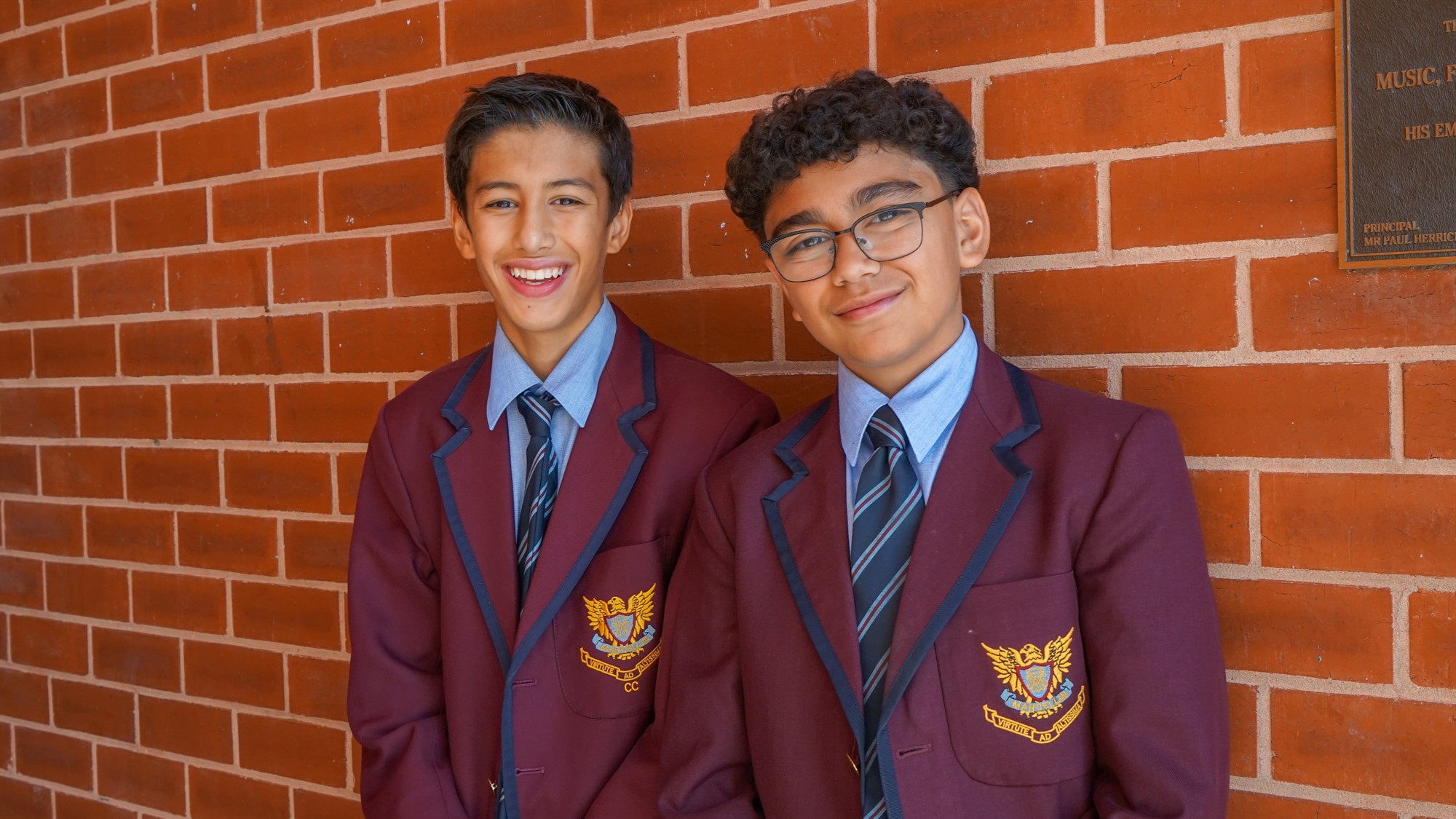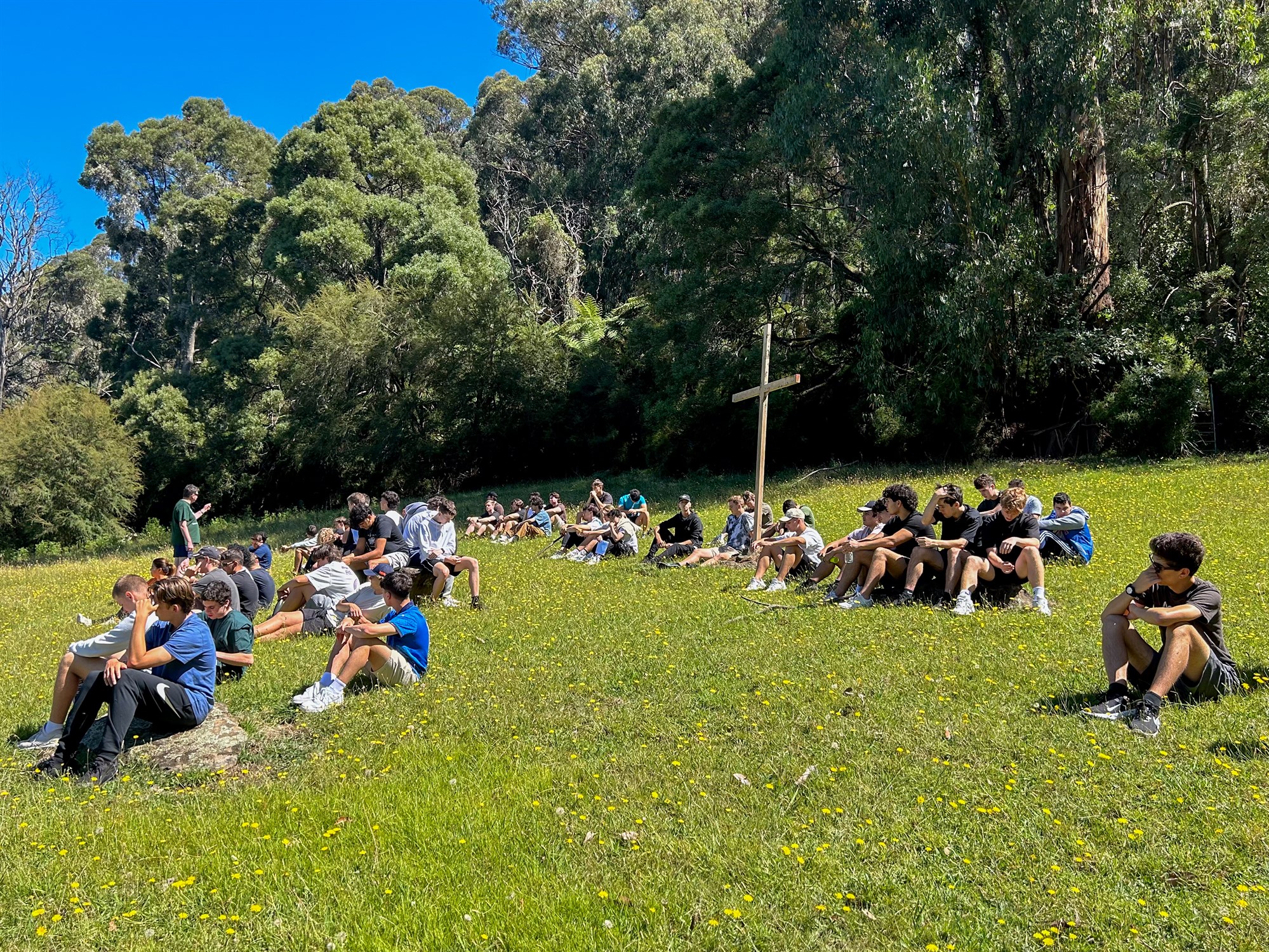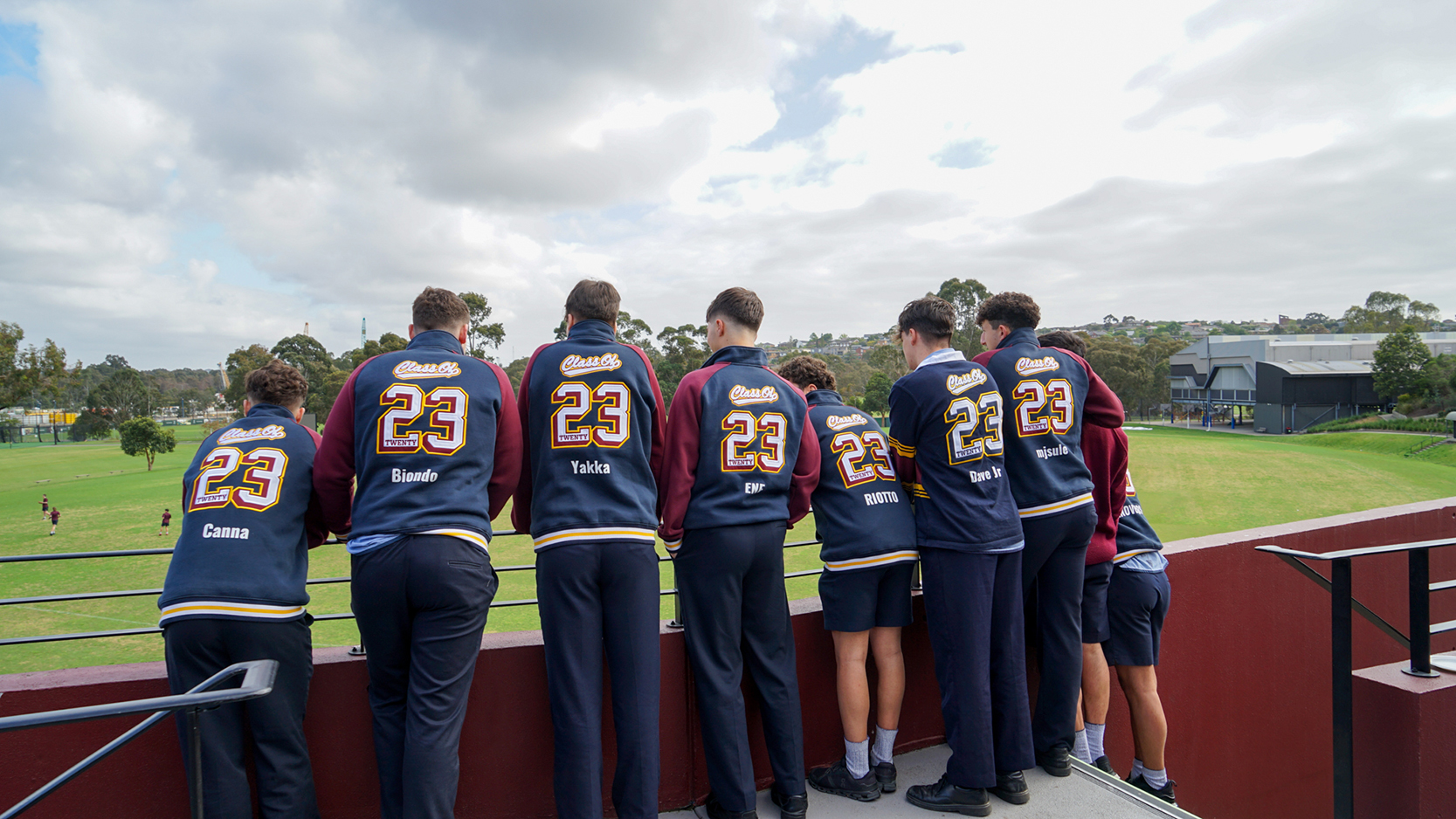
Secondary boys college Est. in 1950
Latest News
FROM THE COLLEGE
Latest News
Thank you! Your submission has been received!
Oops! Something went wrong while submitting the form.

Principal's Blog 22 March 2024
March
22
All
Principal's Blog
Community
For Parents

Student Wellbeing - set yourself up for a great year!
February
9
All
Deputy Principal
For Parents
Community

Faith & Mission Report - Welcome to a New Year
February
9
All
Faith and Mission
Community
For Parents

Principal's Blog 8 March 2024
March
8
All
Community
For Parents
Principal's Blog

Principal's Blog 23 February 2024
February
23
All
Principal's Blog
For Parents
Community

Principal's Blog 9 February 2024
February
9
All
Principal's Blog
Community
For Parents
.jpg)
2023 College Dux
December
12
All
For Parents
Curriculum
Community

Class of 2023 Academic Results
December
12
All
For Parents
Community

Faith & Mission
December
1
All
Faith and Mission
For Parents




